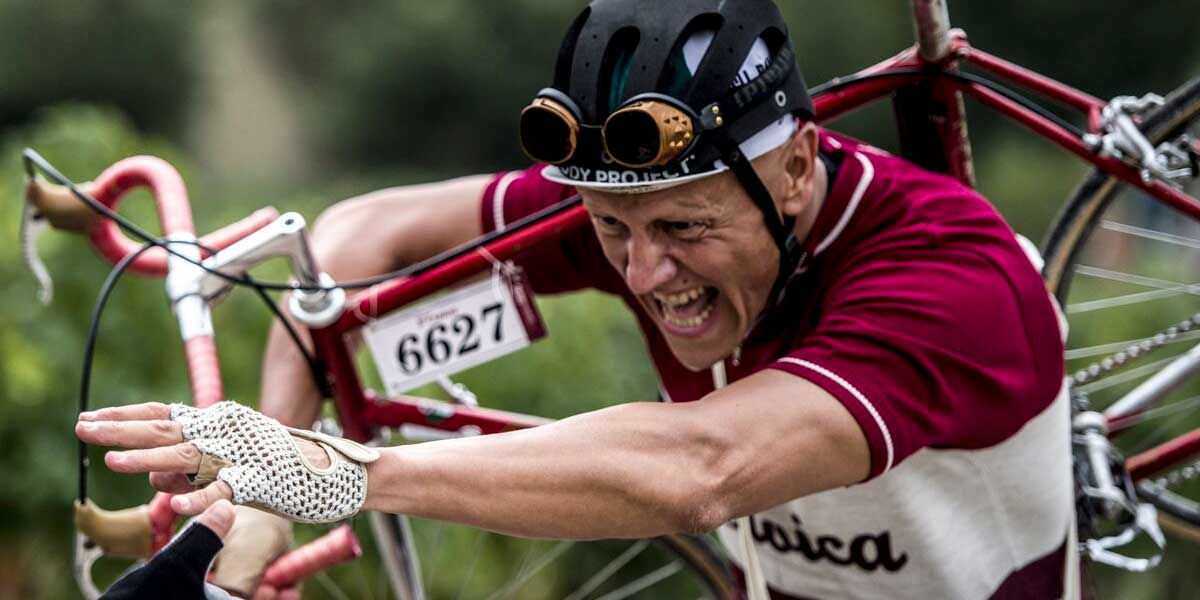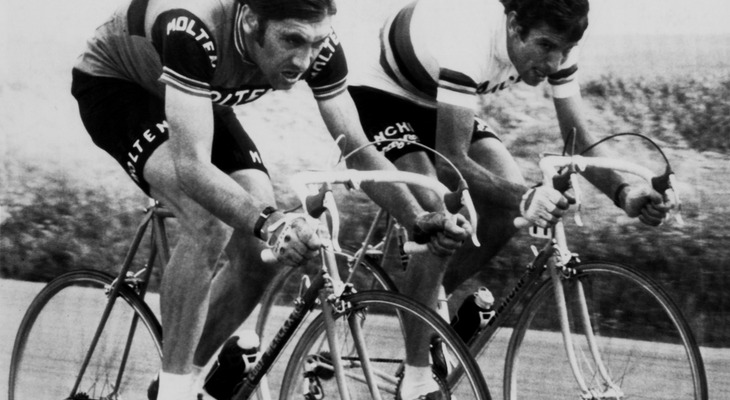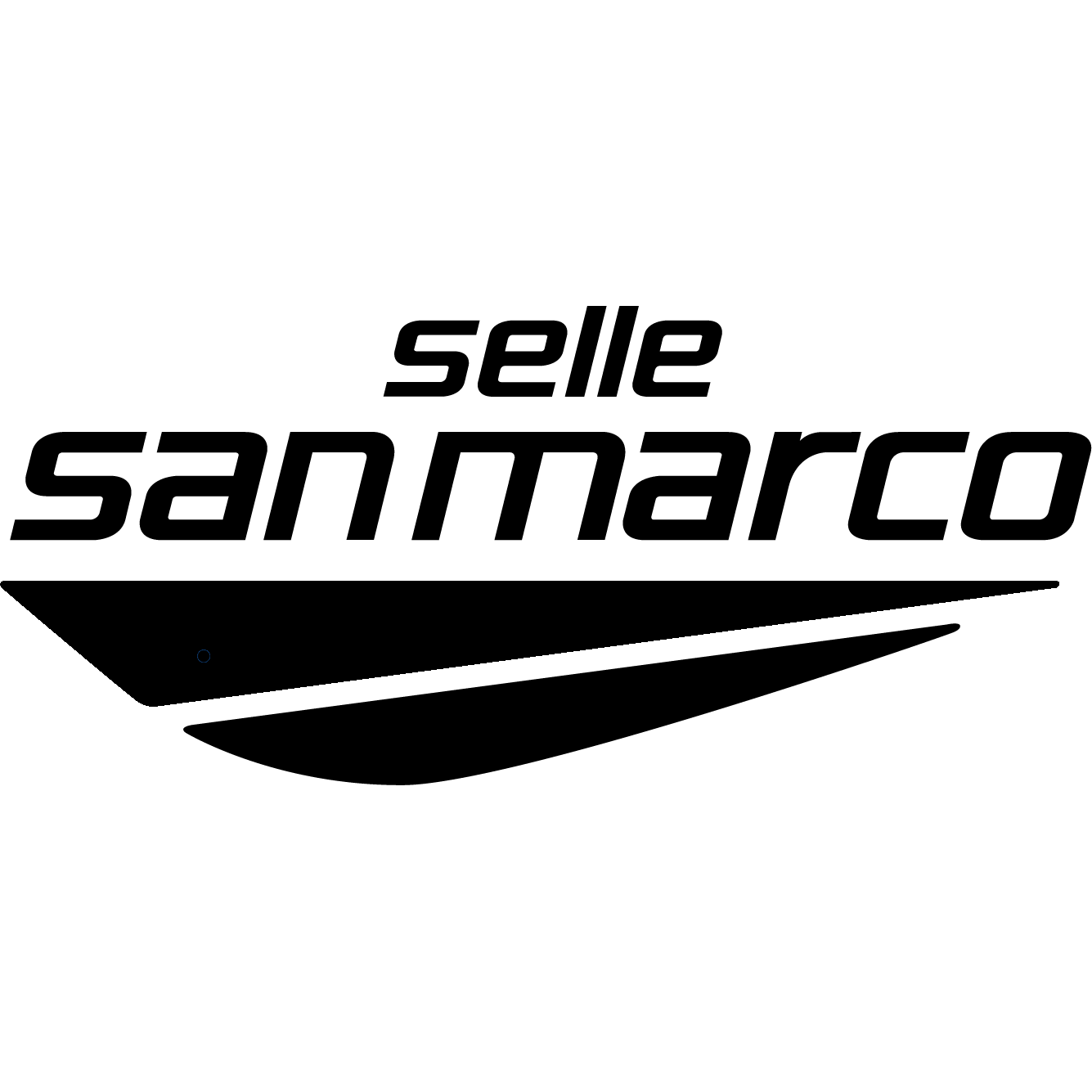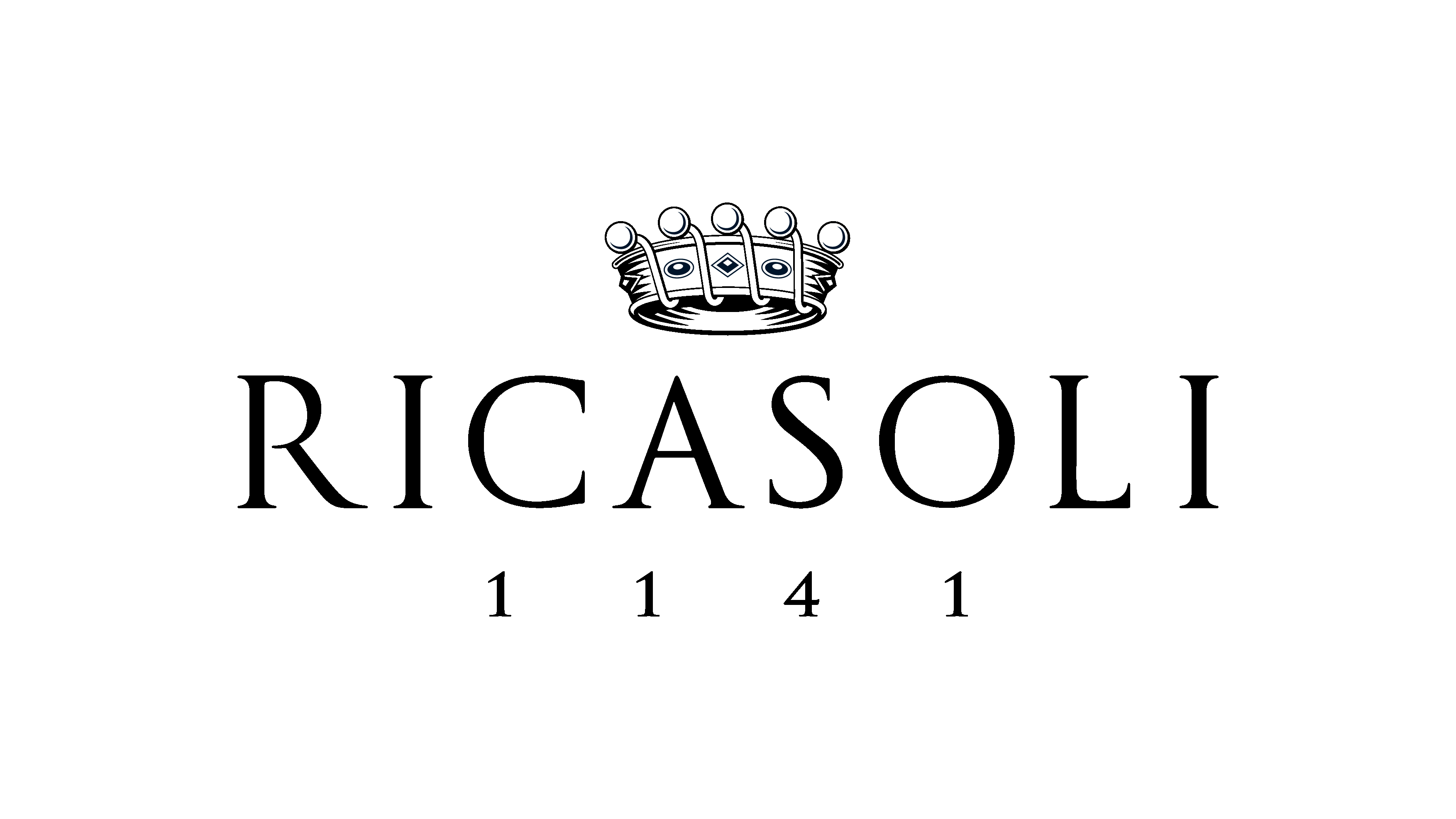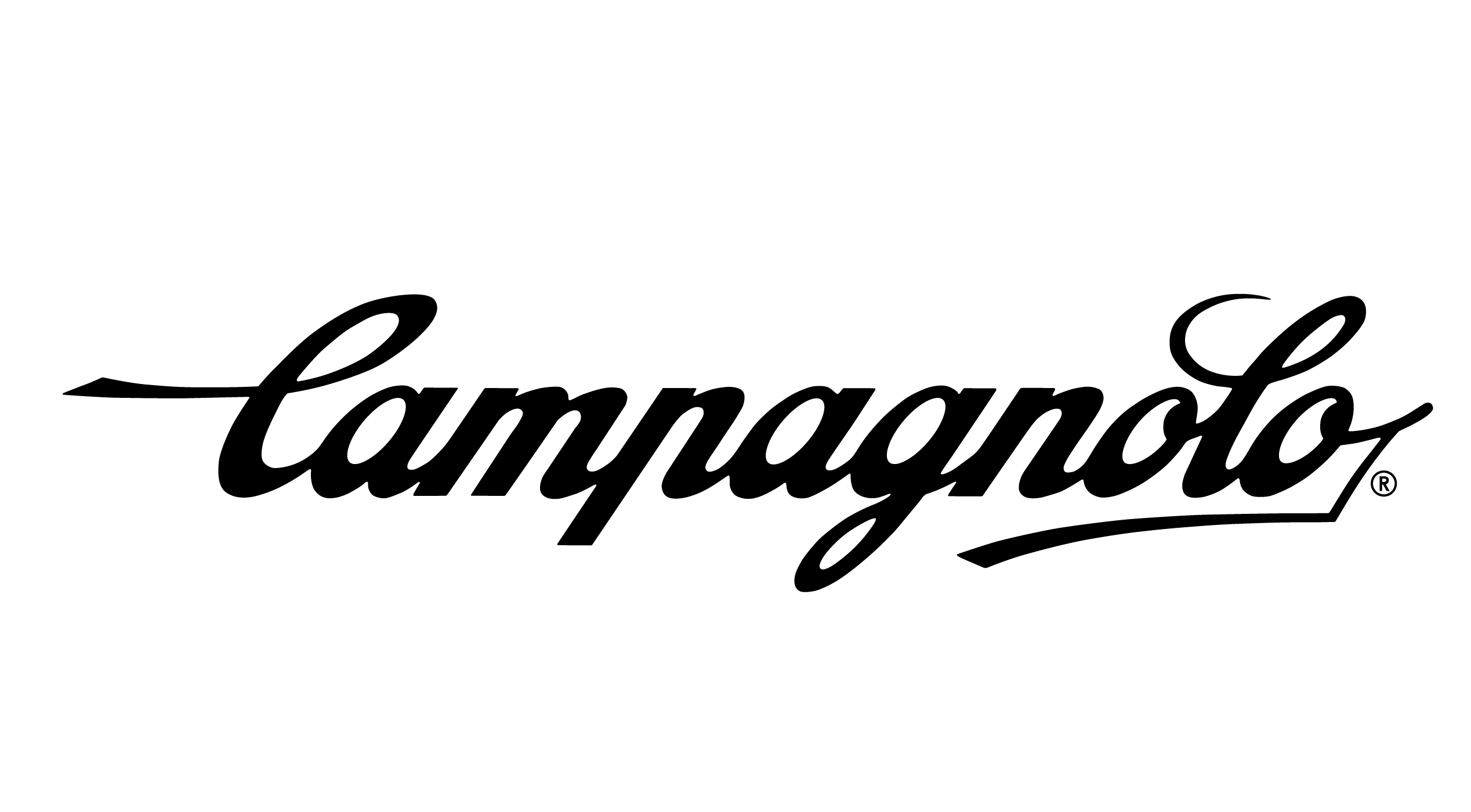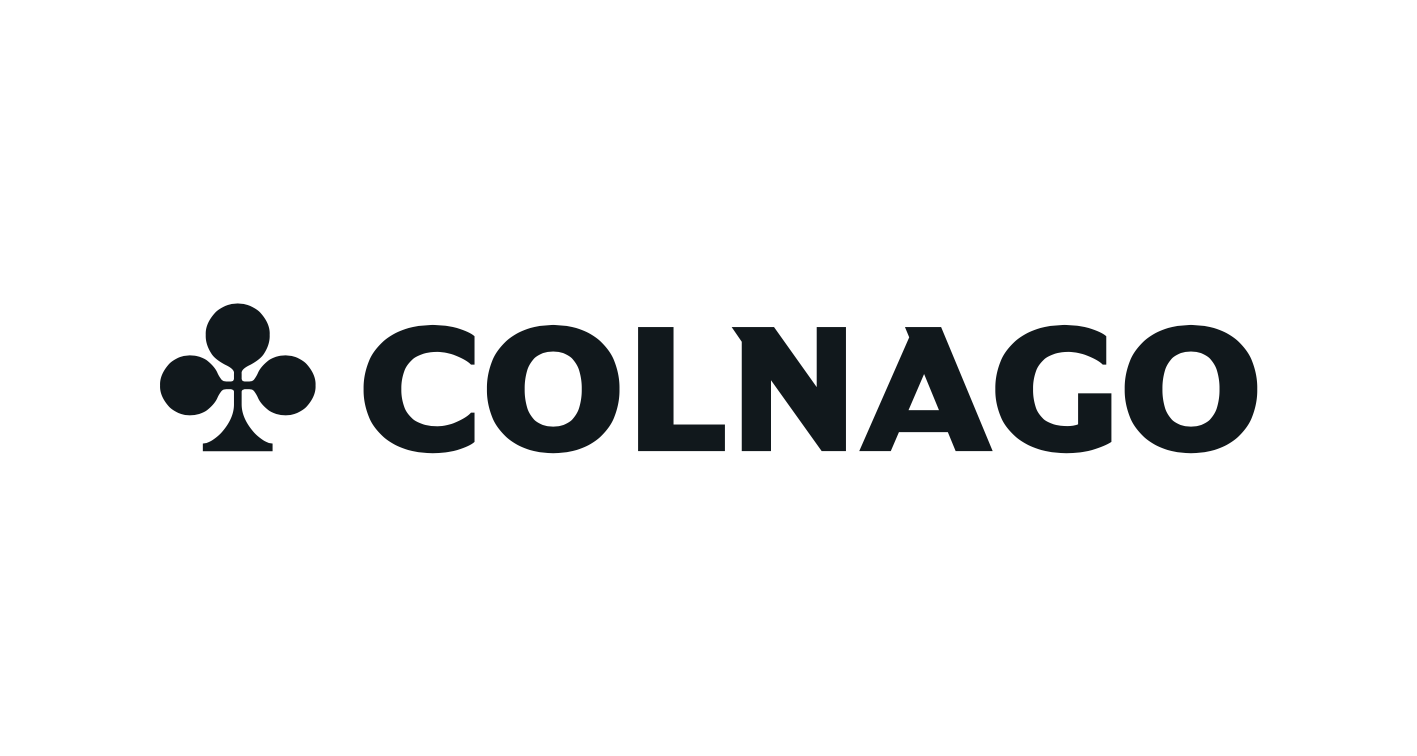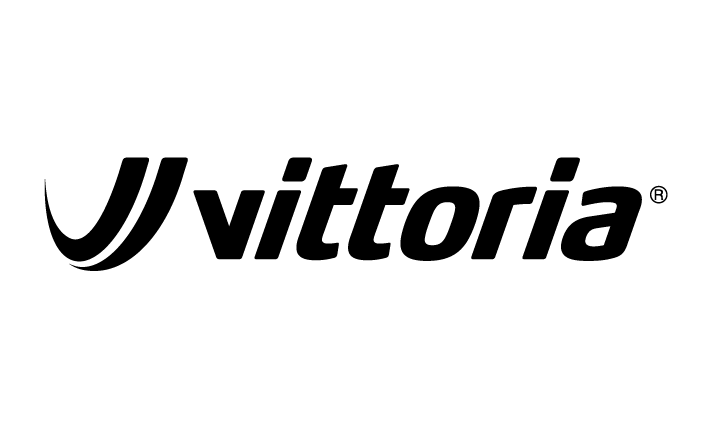My dad was 16 years old when he started competitive cycling. It was 1958, coincidentally the same year the European Parliament was born.
In fact, if I think about his career in professional cycling, his destiny and that of Europe – the starting point of what has become the European Union, now enlarged to 27 nations – crossed roads many times. The first countries to join, together with Italy, were France, Belgium, Germany, the Netherlands and Luxembourg.
France set the scene for my dad’s first major victories: he won the Tour de l'Avenir, the most important stage race for amateurs in 1964, and the following year, he conquered the Tour de France, surprising everyone as a neo-professional. What a coincidence, speaking of Europe: that Tour started from Cologne, Germany, and arrived the next day in Liege, Belgium. Furthermore, among his opponents, the newborn but small European Union was fully represented: there were 32 French, 32 Belgians, 17 Italian, 15 Dutch, 4 German, and even a Luxembourgian cyclist.
He would later win the Paris-Roubaix, the race of the cobblestones, the most exhausting and prestigious one-day race, in France in 1966. In that same year, he also won another great classic, the Paris-Brussels, which is now somewhat sidelined but was highly heartfelt and esteemed at the time. He would win it again ten years later.
My dad was a true ambassador of Italian cycling in Europe. He also won races in Luxembourg, Switzerland and Spain. He stood out in the Netherlands and England where he won the bronze medal at the 1970 Leicester World Championships. Moreover, he was one of the first Italian professionals to have foreign riders on his team. In the 1968-69 period, he brought German, Rudi Altig into the team. World champion in 1966, Rudi became one of his most loyal helpers and a close friend for the rest of his life. Then he called on Belgians Antoon Houbrechts, Walter Godefroot, Georges Vandenberghe, Guido Reybruck, Alex and Rik Van Linden, Johann De Muynck, Spaniard, José Manuel Fuente and Norwegian Knut Knudsen. All of them were men of great calibre, whom my dad wanted around him because of the added value of their experience in their respective territories, where knowledge of the roads - and not only - could represent something more than a marginal gain, so as to put his opponents in difficulty, especially his utmost rival, Eddy Merckx.
In his own way, he was one of the first "European" sporting personalities. If Eddy was the thorn in his side, other great foreign riders forced him to sweat the proverbial “seven shirts” (“sudare sette camicie” in Italian). In the same way, undeterred, he forced them to use up all their energies to try to beat him. The backbone of European cycling at that time was represented by champions of great class. Belgium, aside from Merckx - who was more than enough - could boast other riders like Roger De Vlaeminck, Lucien Van Impe, Hernan Van Springel and the first Freddy Maertens. France responded with Jacques Anquetil, Raymond Poulidor, Bernard Thevenet, Jean Stablinski, and the young Bernard Hinault. Then there were the Dutchmen, Jan Janssen, Gerrie Knetemann, Jan Raas and Joop Zoetemelk, Spaniard, Julio Jemenez, Danish rider Leif Mortensen, and the unfortunate English rider, Tom Simpson.
At a time when the concept of a united Europe was only in its early stages, thanks to cycling, my father was able to broaden his cultural horizons. He came from humble origins in the small Piedmontese town of Sedrina, and as a young boy, he probably never imagined leaving Italy. However, it did not take him long to emancipate himself, thanks to the friendships and travels he experienced through cycling. Among his teammates and rivals, he immersed himself in a sort of “Erasmus ante litteram” that he would later benefit from, even after he stopped cycling.
I like to think that cycling was a means for him to learn, discover other realities, and consequently have a broader vision of life, with Europe as the “fil rouge” or common thread. In other words, cycling was his school or gym.
Last but not least, I am proud that, after he stopped competing, he shared with his local community all the experiences he gained during his fourteen years of professional cycling across half Europe.
Norma Gimondi
